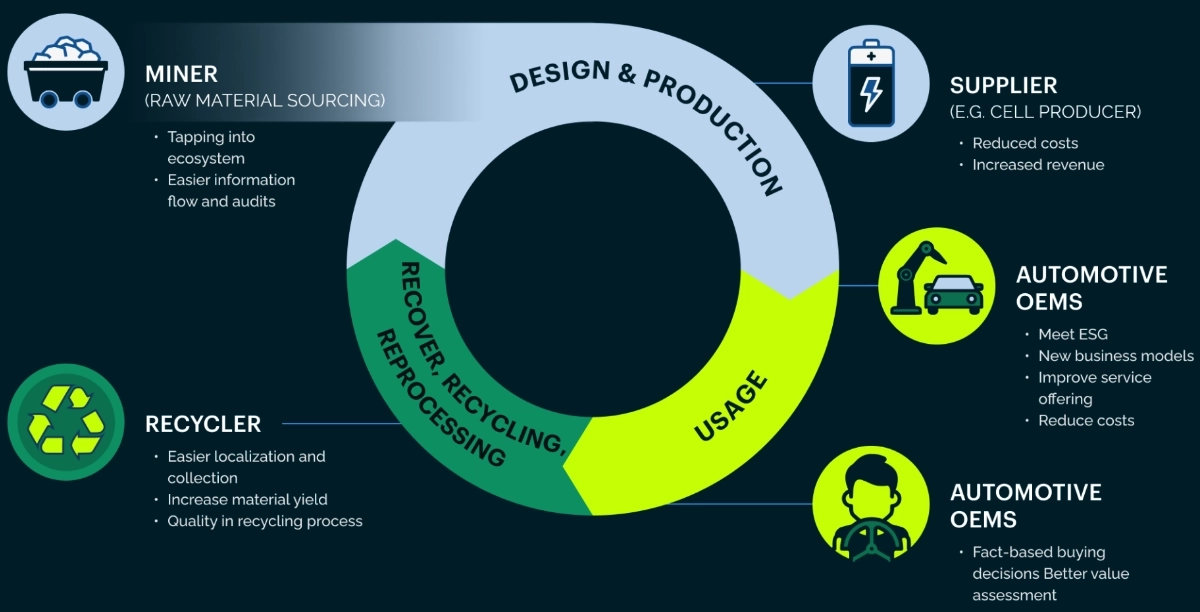
Securing Nevada's Lithium Battery Supply Chain
Ensuring transparency, safety, and compliance of critical mineral infrastructure, from sourcing to recycling.
America's Cyber Defense Agency has identified 16 critical infrastructure sectors "whose assets, systems, and networks, whether physical or virtual, are considered so vital to the United States that their incapacitation or destruction would have a debilitating effect on security, national economic security, national public health or safety, or any combination thereof."
One of these 16 sectors is mineral infrastructure.
There does not exist today a standardized, transparent, and trustworthy system worthy of a public-private partnership, in order to move the American mining industry into the forefront of traceable and trustworthy use--from raw sourcing through to recycling.
Current total US production is 1,000 metric tons of lithium metal, while global production is 180,000 metric tons of lithium metal. Yet Nevada is capable of producing 15 times current US production alone. Securing this domestic supply chain is critical.

Mineral tracking through the entire lifecycle towards sustainability


Platform Features
Blockchain Ledger
Immutable data, viewable by all stakeholders, but unmodifiable by anyone other than authorized parties.
Supply Chain Tracking
Real-time data on battery origin, condition, and materials ensure compliant sourcing.
Battery Passport
Globally unique ID for every lithium battery, and every material within the battery, down to the raw materials.
Tamper-Evident Data
Secures data from manipulation, reducing fraud.
Filament's platform helps the following groups
Mining Companies
Build trust with investors, local communities, and other stakeholders to ensure transparency in sourcing and handling.


Battery Manufacturers
Automated regulatory reporting and tracking efficiency for any level of compliance requirements.

EMS/First Responders
Safe handling of EV batteries during emergencies, by immediately querying the particular material makeup of a battery at risk for fire or explosion.

Public Safety:
Optional real-time monitoring minimizes lithium battery risks.

Regulatory Compliance:
Easier reporting and adherence to upcoming state and federal regulations.

Supply Chain Transparency:
Improved trust through verified, tamper-proof data.


